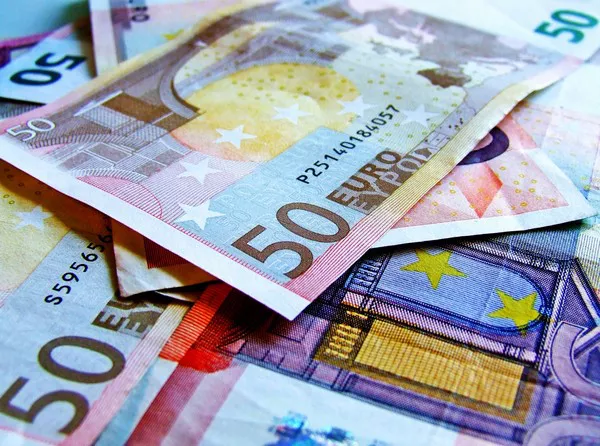When it comes to trading in the foreign exchange market, one of the most popular currencies to trade is the euro. As the second most-traded currency in the world after the US dollar, the euro represents a significant portion of forex trading volume. However, deciding when to buy or sell the euro can be a daunting task for even the most experienced traders. In this article, we’ll explore the factors that traders should consider when making decisions about whether to buy or sell the euro.
Understanding the Euro
Before discussing when to buy or sell the euro, it’s important to understand what factors affect its value. The euro is the official currency of 19 of the 27 European Union member states and is managed by the European Central Bank (ECB). The ECB’s monetary policy decisions, such as interest rate changes and quantitative easing programs, have a direct impact on the euro’s value.
Other factors that can influence the euro’s value include economic indicators like GDP growth rates, inflation rates, and unemployment rates. Political events, such as elections and government policy decisions, can also have an impact on the euro’s value.
When to Buy the Euro
There are several scenarios in which traders may want to consider buying the euro:
- Positive Economic Indicators – When economic indicators like GDP growth rates and consumer confidence levels are positive, it can suggest that a country’s economy is strong. A strong economy typically translates to a stronger currency, so traders may look to buy the euro in these situations.
- Interest Rate Hikes – If the ECB raises interest rates, it can make the euro more attractive to investors looking for higher yields. This can lead to increased demand for the euro and potentially drive up its value.
- Political Stability – Political turmoil or uncertainty can lead to currency volatility. When a country experiences political stability, it can increase investor confidence and lead to a stronger currency. Traders may look to buy the euro in these situations.
- Technical Analysis – Traders may use technical analysis to identify trends and patterns in the euro’s value. If they see a pattern of higher lows and higher highs, for example, it can suggest an uptrend and provide a buying opportunity.
When to Sell the Euro
On the other hand, there are also scenarios in which traders may want to consider selling the euro:
- Negative Economic Indicators – Poor economic indicators like low GDP growth rates and high unemployment rates can lead to a weaker currency. Traders may look to sell the euro in these situations.
- Interest Rate Cuts – If the ECB cuts interest rates, it can make the euro less attractive to investors looking for higher yields. This can lead to decreased demand for the euro and potentially drive down its value.
- Political Turmoil – As mentioned earlier, political instability can lead to currency volatility. If a country experiences political turmoil, it can decrease investor confidence and lead to a weaker currency. Traders may look to sell the euro in these situations.
- Technical Analysis – Traders may also use technical analysis to identify downtrends or patterns of lower lows and lower highs. These patterns can suggest a potential downtrend and provide a selling opportunity.
Risk Management
No matter when traders decide to buy or sell the euro, it’s important to have a solid risk management strategy in place. One common technique is setting stop-loss orders, which automatically close a trade if the market moves against the trader beyond a certain point. Traders should also consider using leverage responsibly and not risking more than they can afford to lose.
Conclusion
Deciding when to buy or sell the euro can be challenging, as various economic, political, and technical factors can influence its value. Traders should consider positive economic indicators, interest rate hikes, political stability, and upward trends when considering buying the euro. Conversely, negative economic indicators, interest rate cuts, political turmoil, and downtrends can signal an opportunity to sell the euro. It’s also essential to have a risk management strategy in place to protect against potential losses. As with any trading decision, it’s important to conduct thorough research and analysis before making any trades.


